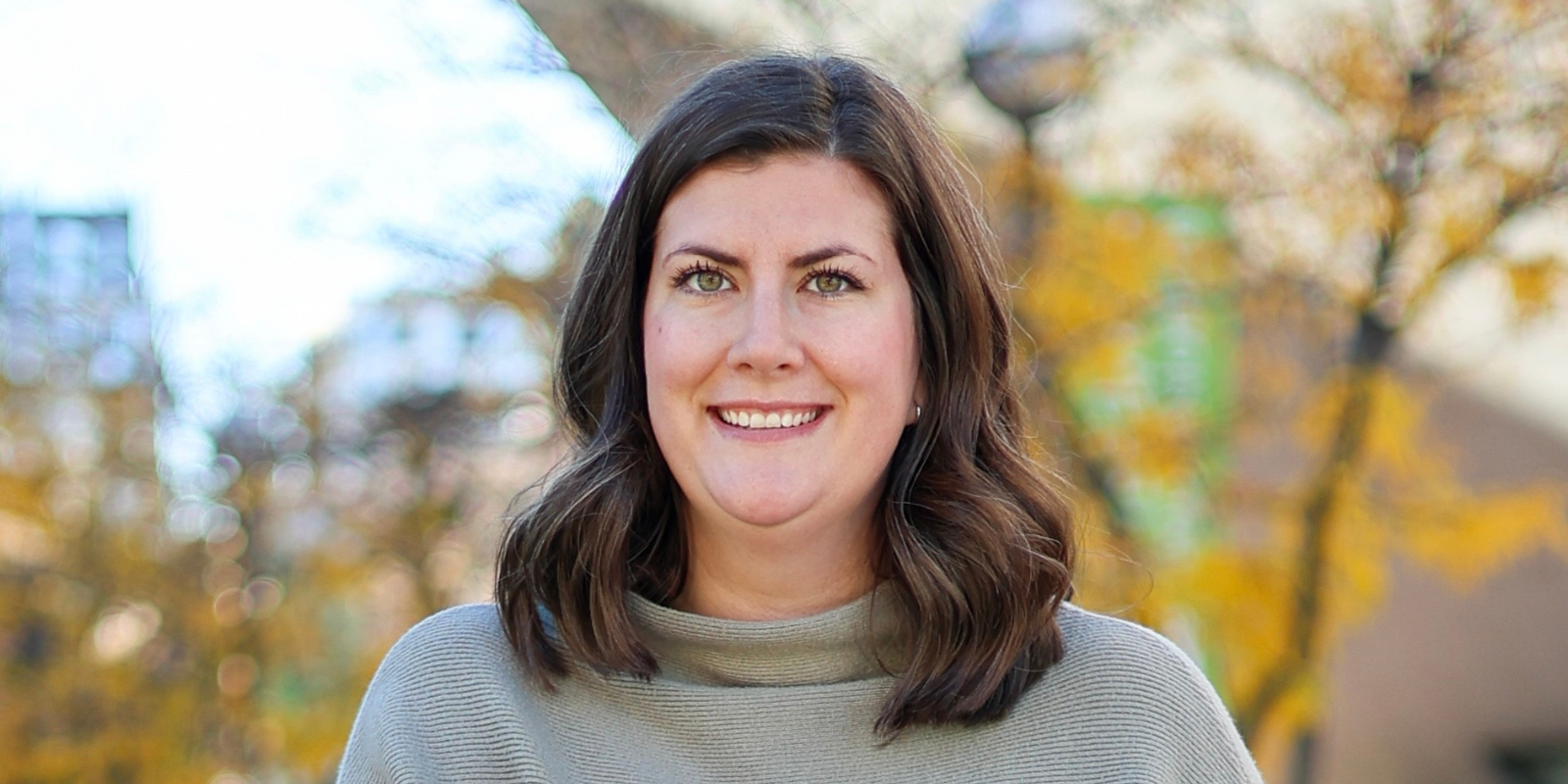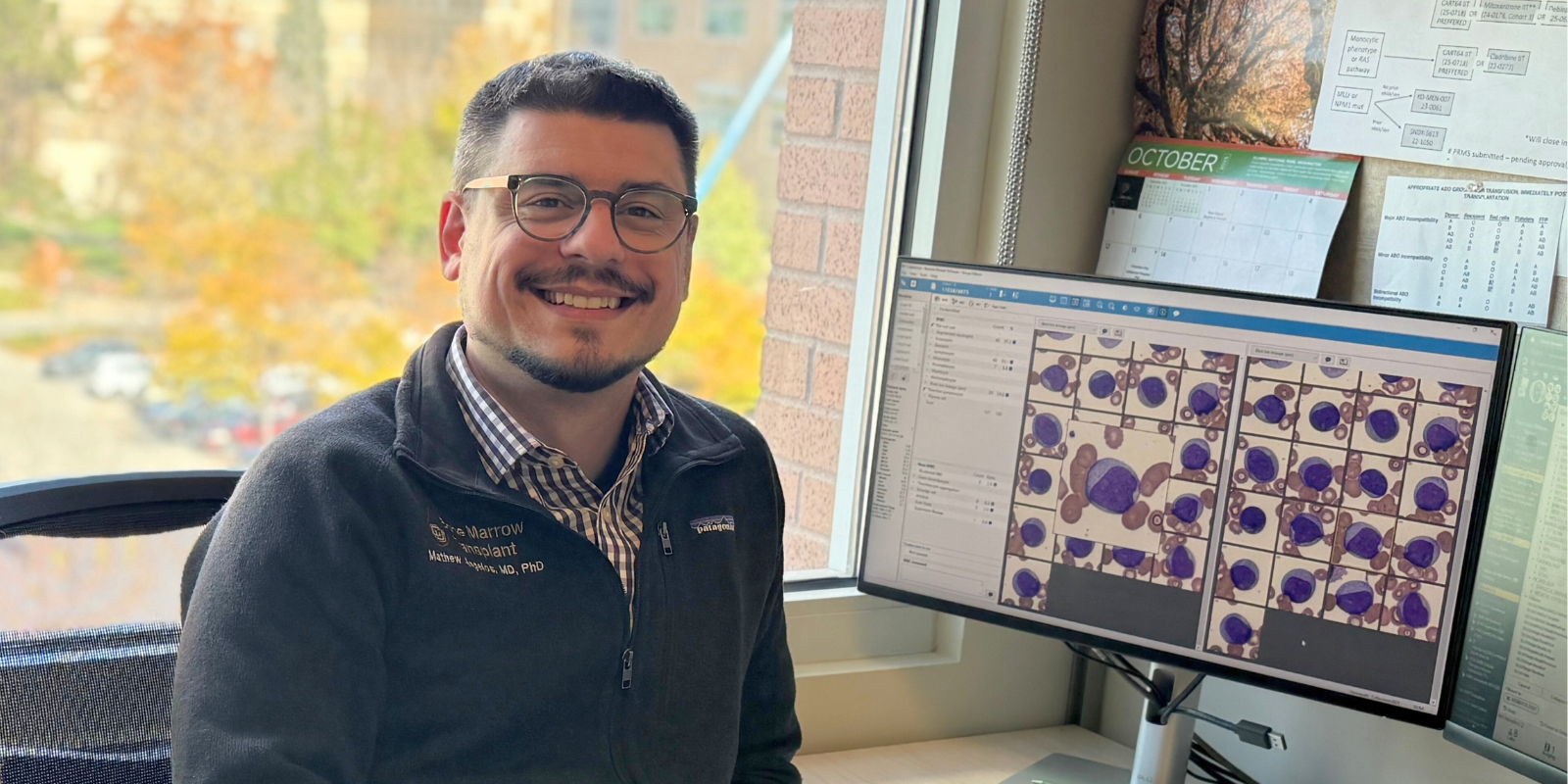What is Merkel cell carcinoma?
Merkel cell carcinoma is a rare and aggressive type of skin cancer that is derived from a type of neuroendocrine cell that resides in the epidermis (top layer of the skin). It is much less common than most other types of skin cancer; there are around 2,000 cases diagnosed annually in the U.S. For context, Merkel cell carcinoma occurs 100 times less frequently than melanoma. It is considered an aggressive cancer because it can spread (metastasize) quickly and frequently returns after treatment (recur). This makes it one of the most dangerous types of skin cancer.
Who is at risk for Merkel cell carcinoma?
Merkel cell carcinoma is more common among males, older individuals (incidence peaks in those 70-80), those with light skin, and people with a history of extensive sun exposure. This cancer is approximately 25 times more common in whites compared to other racial-ethnic groups. It is also more common in people living in areas with high ultraviolet (UV) B light indices, which includes Colorado.
What can you do to protect yourself from Merkel cell carcinoma?
The most important way to reduce the risk of developing skin cancers, including Merkel cell carcinoma, is to limit your exposure to UV radiation, including sun exposure and tanning beds. Practice sun safety, including seeking shade, using sun-protective clothing, and using and reapplying sunscreens on sun-exposed skin, when you are outdoors.
What are the symptoms of Merkel cell carcinoma?
Merkel cell carcinoma most often arises on sun-exposed skin, like the face (the most common site), neck, and arms. But Merkel cell carcinoma can start anywhere on the body. Merkel cell cancers often look like firm pink, red, or purple lumps or bumps on the skin. They usually don't hurt, but they're fast-growing and can sometimes open up as ulcers or sores.
Jimmy Buffett received treatment for four years before his death. What does treatment for Merkel cell carcinoma look like?
The treatment for Merkel cell carcinoma is based on the stage, or how advanced the tumor is, where the tumor is located (anatomic site), and other factors, such as overall health and personal preferences. Treatment options include surgery, radiation, chemotherapy, and immunotherapy. Sometimes more than one type of treatment is used. There are also alternative or complementary methods that may include the use of vitamins, herbs, and special diets. Although some of these methods might be helpful in relieving symptoms, many have not been proven to work, and some might even be harmful. It is important for patients to talk to their cancer care team, which may include a dermatologist, and a medical, surgical, or radiation oncologist, about optimal treatment methods.
Why should someone come to the CU Cancer Center if they are diagnosed with Merkel cell carcinoma?
Merkel cell carcinoma is so rare that most doctors are unlikely to have seen or treated many cases. Doctors who are based at major medical centers, like the CU Anschutz Medical Campus, are more likely to have experience managing this rare skin cancer. The Department of Dermatology at CU Anschutz has engaged in extensive research related to Merkel cell carcinoma, and we are currently seeking funding to study risk factors among patients who have exceptional survival after Merkel cell carcinoma diagnosis and treatment.





